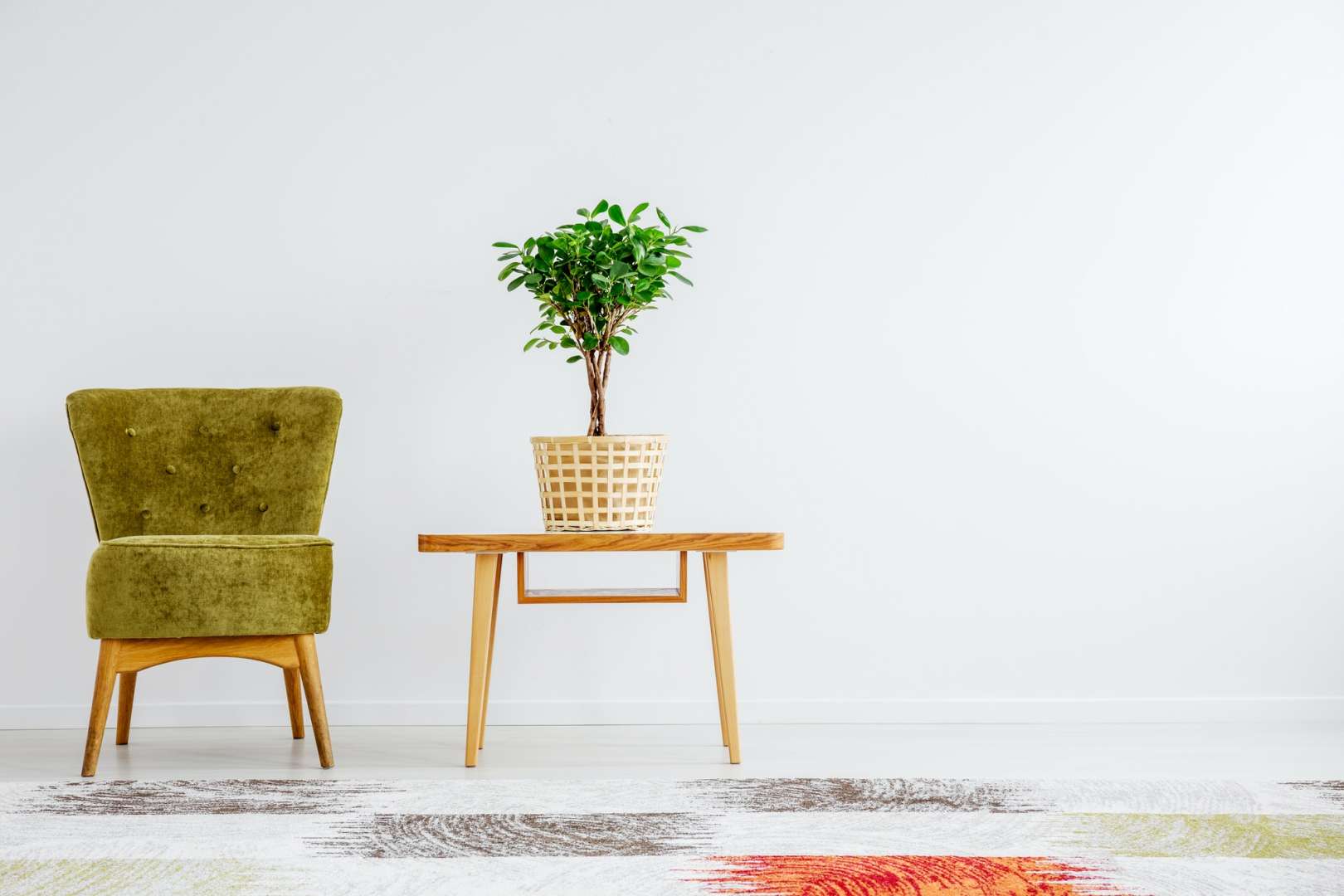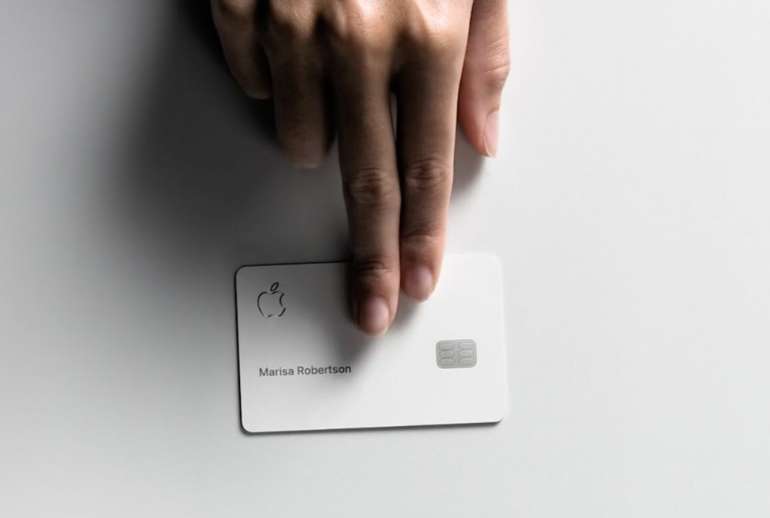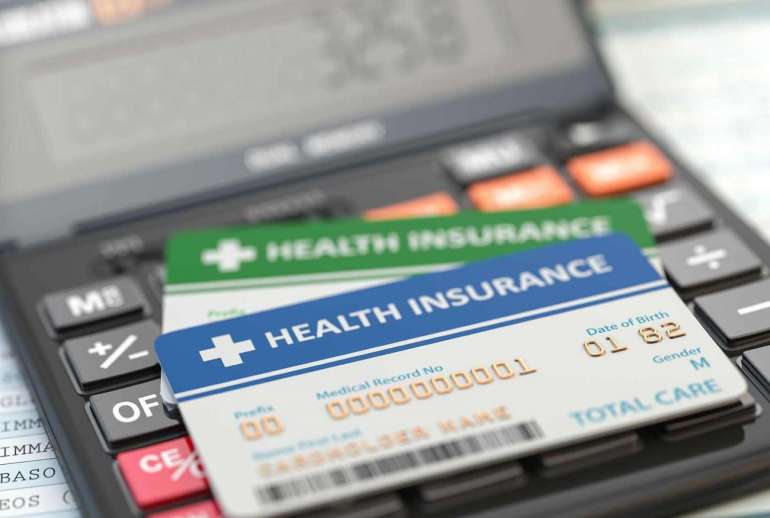The minimalism lifestyle has been a hot topic for the past few years. Minimalists intentionally decide to live their lives owning almost no material things — or with fewer possessions as possible — as a way to focus on their freedom and less on consuming.
And this philosophy of consuming only the necessary and where it really matters is what can positively impact and improve your finance life.
But before embracing minimalism you need to keep in mind that it doesn’t mean that you’ll never spend money again and can’t buy material things, but all your consumption will become much more sensible. You’ll re-evaluate old habits and find motivation in other aspects in life outside owning material things.
It also doesn’t mean that you can’t have nice things, or you’ll have to throw away your favorite collection of things. You also don’t have to own this or that number of things. Minimalism should be adapted to your reality and make sense to how you live.
Financial minimalism is a reality
The minimalist lifestyle actually started to help people use their money wisely that it gained a name and category of its own: financial minimalism.
It’s all about becoming free. Free of debts, stress, guilt, and all the bad feelings that come with financial problems and keep you up at night. You’ll own your money and your expenses to make the best possible choices and make your life goals a reality.
If the minimalism philosophy is about freedom, then always remember to bring that into your finances. You’ll get financial stability, a dream for almost everyone, and keep a healthy relationship with money. It’s all about priority
Practicing minimalism will make you redefine what’s really a priority in your life, which things should go and which ones should stay. You’ll gain clarity on where to focus.
There will be no time to spend on things that don’t matter and should be in your life anymore, and it’s the same when it comes to your finances. The money you have will go only to the things you define as important.
It’ll be about distinguishing what you need of what you want and keeping a simple budget for that.
Keep a simple and organized budget

Your budget can now be simplified with fewer categories that should be organized in a way that you can actually see where your money is going to take actions and decide what’s important. There will be no more ending the month without seeing where your money went.
Don’t make a big deal out of it, just take the expenses you defined as a priority and list them. It can be something as simple as:
- Rent
- Food
- Cellphone bill
- House bills (like gas and electricity)
- Health insurance
- Savings
- Others
The ‘others’ category should exist for you to list things you occasionally consume. Remember that minimalism is not about not spending money ever again, but it’s about spending it wiser. It can be on a coffee or lunch date with friends, a book you bought, the tickets to a concert you went, etc.
But remember that you’ll have to track those expenses in order to keep those priorities right. This shouldn’t take more than 5 minutes of your time, and it’ll be the starting point to keeping a financial minimalism.
Automate everything you can
After creating your budget and controlling how much will go to each category expense, setup automatic transfers to as many bills as possible. This way, you won’t have to spend time calculation how much money should be allocated. It’s a huge time saving activity.
At the end of the month, your savings will be guaranteed, and the bills will be paid with no worries from your part. Remember, financial minimalism is also about being stress and worry free.
You can end debts faster
Spending less and making wiser choices with your money will make it last more, helping you finish a debt you may have. And, being debt-free is one of the key steps on becoming a minimalist.
This starts when you shed all the excess out of your life and don’t over consume again. If you define a past debt as a priority, the money you would once spend on superfluous material items can now be used to pay debts.
Focusing on paying off the debts will take you out of this cycle, so later the money can go on future goals, and you can start exploring other priorities in your life.
Be careful with the credit card

Something that some people also practice on ending the debts cycle is to keep only one credit card with enough limit to buy the monthly needs and handle possible emergencies that may occur. Credit cards can be a terrible tool in the hands of those that can’t control their consumerism.
If you’re still on the path of embracing a full minimalist lifestyle, and is still taking the first steps to control your finances, then start cutting down the credit card usage by simply paying things with cash. This way you’ll clearly see how much money you’re spending and won’t over spend it.
Saving on rent (or mortgage)
Throughout the years, we buy and collect things we don’t need, and those things take up a lot of space that we don’t even realize. When practicing minimalism, you’ll see that those things were not necessary, and getting rid of them will open so much free space.
And this free space can make you realize that a smaller house of apartment will do for you, saving you a lot of money on rent or mortgage.
Of course, this is not an easy step and should be evaluated only if it makes sense to your reality. Financial minimalism is also about adapting what you can to your own reality.
New forms of income
By embracing minimalism and organizing your finance life with it, you’ll see that a lot of time will be saved on your daily routine. And not only that, but you’ll end up finding different habits, goals, and purposes that only a life with less cleaning, maintaining and repairing can provide.
This new mindset combined with the amount of time that will return to your life can be used to pursue a new career, start a new project — or continue one — and find new forms of income that you thought were not possible.
Go on your own time
Practicing minimalism can be a big lifestyle shift. At first, it may sound too distant from your current reality, but keep mind that it’s a process that needs to be worked and improved every day.
Having a healthy relationship with money and conquering your financial stability will come with time, you don’t need to rush things and end up making your situation even worse. Take small steps at your own time and the much desired freedom will happen.
This life approach can be fulfilling in every aspect. It’s about reducing the distractions and the things that don’t matter in order to focus time and energy on your priorities.
Time, money and energy are not infinite, you can’t waste it on things that are not important. That’s what financial minimalism will teach you: spending your money intentionally and only where it matters.




1 Comment
Anne Marie Morrow-Oropeza
Yes, I have done all of these things in this article, and it works! My bills are automatically paid, I know where I spend money, and I think really hard before I purchase items. I am even getting better at how I shop for groceries, which we all think of as a necessity, but for me is where a lot of waste can happen. I start the year with a savings plan, and I right it down, so I can see at the end of the year if it is accomplished.😊
Comments are closed.